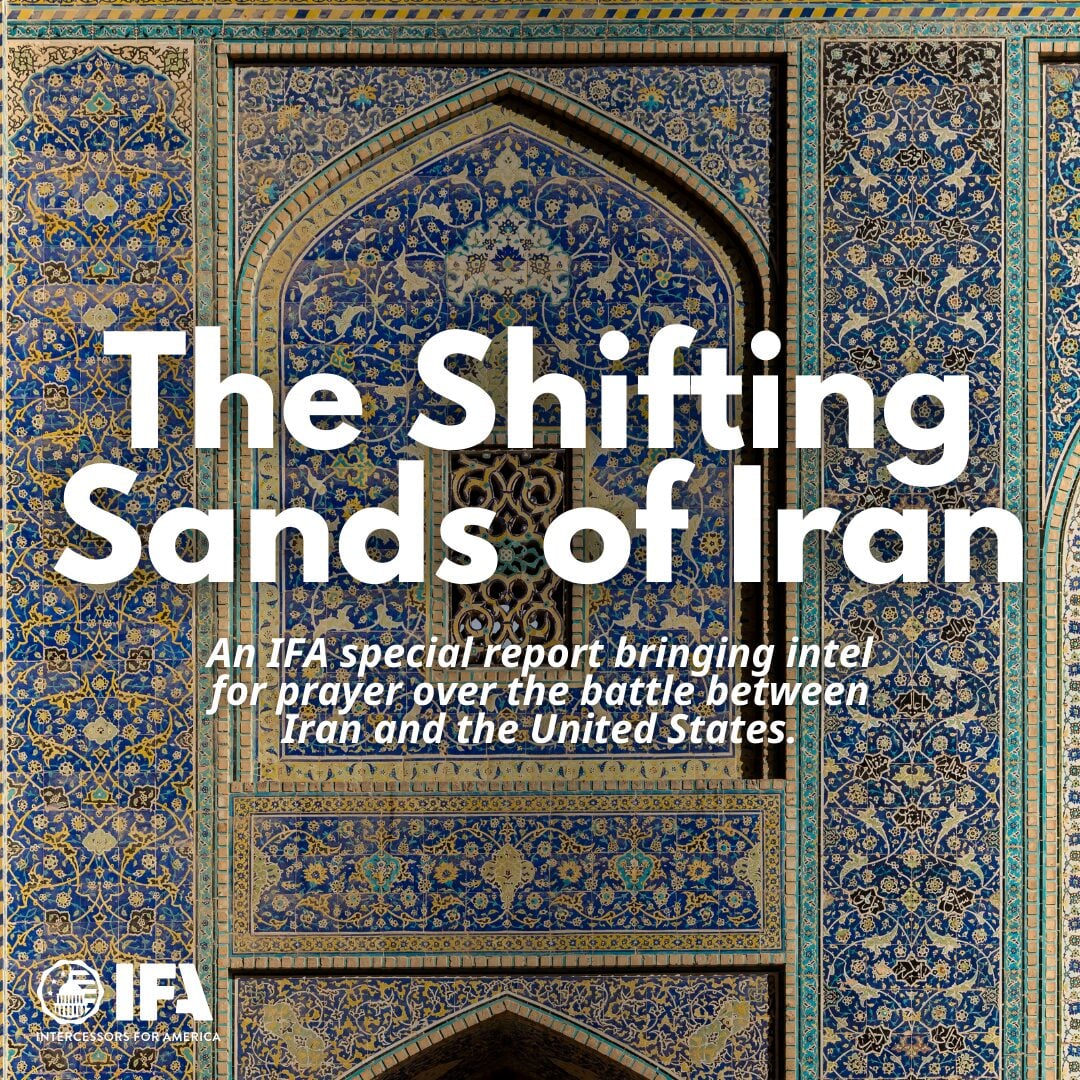FOOD CRISIS MOUNTS IN YEAR OF PANDEMIC
JUDGE RULES: DAD MUST PAY 5K A MONTH TO EX-WIFE TO TRANSITION SON INTO A...
WORSHIP: PASSION-GLORIOUS DAY
SURPRISING SURVEY ABOUT CHRISTIANS AND SOCIAL DISTANCE EXEMPTIONS
DID CHINA MANIPULATE THE U.S. RESPONSE TO THE TRADE DEAL?
FOOD CRISIS MOUNTS IN YEAR OF PANDEMIC
In Burkina Faso, 12 million people, more than half the country’s population, will not have enough food to eat this year, according to Issaka Kiemtore, the national director of Compassion International there.
Observers say coronavirus-related restrictions are playing a major role in the West African nation’s food crisis. Yet Burkina Faso had only 54 confirmed deaths due directly to the virus, as of Tuesday.
Globally, starvation is threatening the lives of tens of thousands of children this year, according to the United Nations, and lockdowns deserve much of the blame: As the coronavirus pandemic spread in the spring, major world economies slowed to a crawl, and supply chains in developing countries faltered. Access to medical services became strained or impossible across parts of Africa and Asia. Closed borders and limited travel disrupted humanitarian shipments. During the early months of the pandemic, UNICEF reported low- and middle-income nations had seen a 30 percent decrease in “essential nutrition services”—or even 75 percent to 100 percent during lockdown scenarios.
Among the 100,000 families that the Christian aid group Compassion International serves in Burkina Faso, 30,000 are at high risk for malnutrition and starvation. That’s up from 3,000 to 5,000 last year. Kiemtore says lockdown restrictions are a major factor in that increase. . . .
Late last month, medical journal The Lancet published a troubling report calling attention to skyrocketing child malnutrition.
“Some of the strategies to respond to COVID-19—including physical distancing, school closures, trade restrictions, and country lockdowns—are impacting food systems,” the report warned. Researchers predict wasting among children under age 5 globally will increase 14 percent, and the UN anticipates an increase of 10,000 child deaths per month during pandemic restrictions.
The UN has requested $2.4 billion to provide emergency nutrition to children in need. According to the Lancet report, 4 out of 5 of the affected children live in sub-Saharan Africa and South Asia. . . .
In South Sudan, 7.5 million Sudanese depend on food aid. Before the pandemic, World Vision was a partner in school feeding programs that served 200,000 children. “That’s the main meal they would get per day,” said Dr. Mesfin Loha, World Vision’s national director in South Sudan. When schools closed in early April, the meal program was forced to end. The World Food Program and the Minister of Education began negotiations to implement take-home rations, but Loha said it took two to three months for the new program to be approved.
In March, India’s lockdowns trapped many of the nation’s 160 million migrant workers in large cities. Public transportation shut down. Daily wage earners have ration cards only in their home states, so millions set out for home by foot, often carrying children.
Vanaja Hyd, a journalist who lives in Hyderabad, joined a WhatsApp group of professionals who organized to help the migrants. “We have seen people who walked along with their children for hundreds of miles without food. Some of them said they had walked 50 miles without water. . . .
Local governments, fearing that the incoming migrants might carry infection, sometimes met them with chlorine sprays.
India has seen 2 million COVID-19 infections and recently surpassed 40,000 deaths. In several Indian states, officials have denied deaths by starvation, but reports to the contrary circulate widely. Stories of migrant mothers killing their children and committing suicide have gone viral on Indian social media. An independent group of developers and academics in Bangalore had identified nearly 1,000 reports of lockdown-related deaths in local media by the beginning of July. The leading causes of death were starvation and accidents during migration, followed by suicide and inability to access medical care.
In a May report, representatives from the Red Cross, the World Health Organization, UNICEF, and others cautioned against blanket shutdown policies. Speaking of those “affected by humanitarian crises,” the report warned that the COVID-19 prevention measures used by developed nations could be “potentially harmful to the survival” of people in poorer countries.
(Excerpt from World Magazine. Article by Sarah Erdos. Photo from Wikimedia Commons.)
Please share your prayers for this mounting food crisis! What do you think we can do to help? Share in the comments. . .
Partner with Us
Intercessors for America is the trusted resource for millions of people across the United States committed to praying for our nation. If you have benefited from IFA's resources and community, please consider joining us as a monthly support partner. As a 501(c)3 organization, it's through your support that all this possible.


We use cookies to ensure that we give you the best experience on our website. If you continue to use this site we will assume that you are happy with it. Privacy Policy





Comments
No comments have been posted yet; you can be the first!